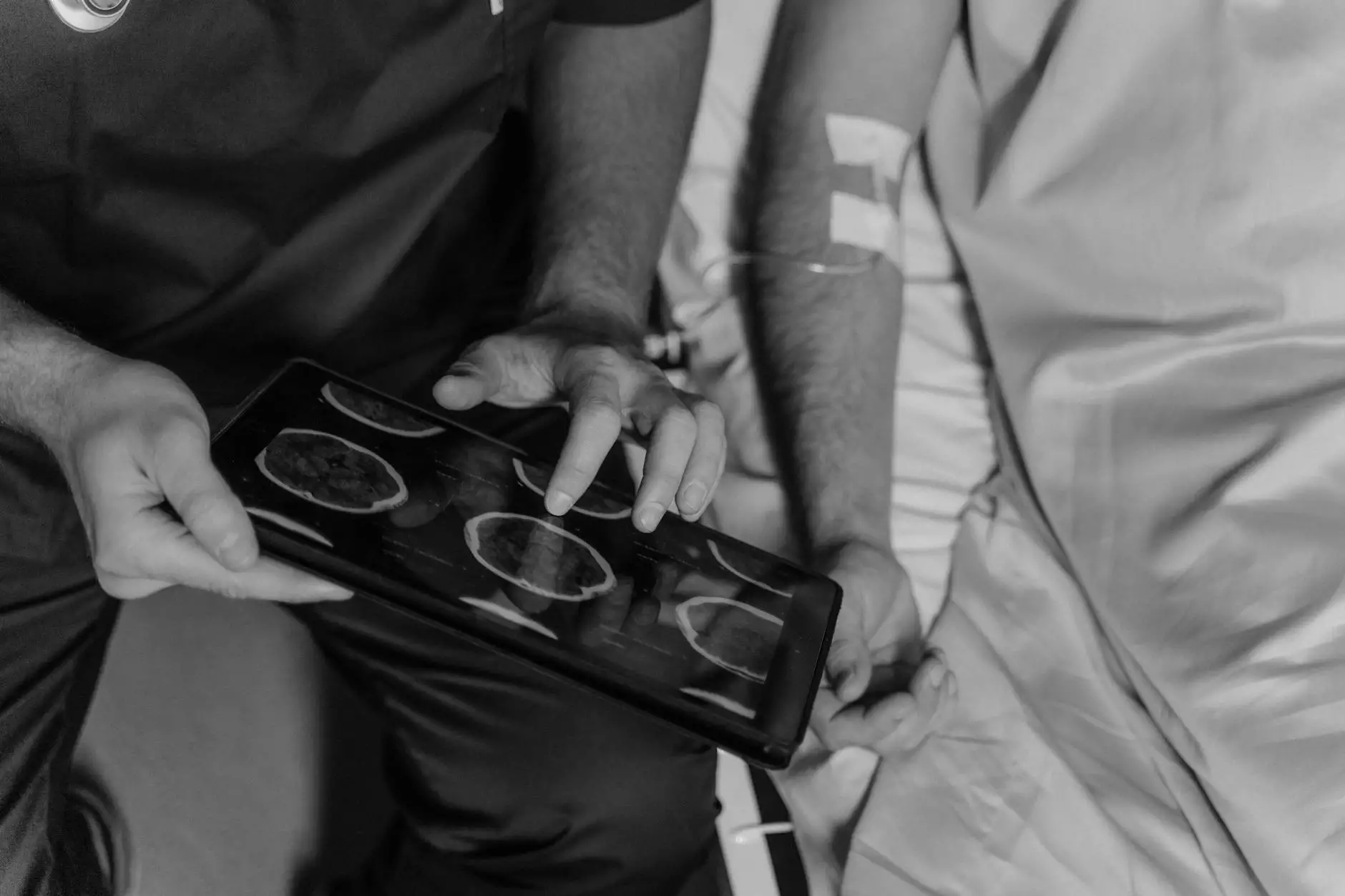Lung Cancer Facts Infographic

Educate Yourself about Lung Cancer
Naab Road Surgical Center, a leading healthcare facility in the field of lung cancer, believes in empowering patients with knowledge about their health. In this comprehensive infographic, we present vital lung cancer facts and statistics. It is important to understand the impact of this disease and the steps to prevent it.
Understanding Lung Cancer
Lung cancer is a type of cancer that starts in the lungs. It is the leading cause of cancer-related deaths worldwide. Every year, millions of people are affected by this devastating disease. Lung cancer can be divided into two main types:
- Non-Small Cell Lung Cancer (NSCLC): This is the most common type, accounting for approximately 85% of all lung cancer cases. It typically grows at a slower rate compared to Small Cell Lung Cancer.
- Small Cell Lung Cancer (SCLC): This type of lung cancer is less common but tends to grow more rapidly. It is often associated with heavy smoking.
Lung Cancer Risk Factors
While anyone can develop lung cancer, certain factors increase the risk. The most significant risk factor is smoking tobacco. Approximately 85% of all lung cancer cases are directly linked to smoking. Other risk factors include:
- Exposure to secondhand smoke
- Previous history of lung disease
- Exposure to cancer-causing substances like asbestos, radon, and certain chemicals
- A family history of lung cancer
It is crucial to adopt a healthy lifestyle and eliminate exposure to harmful substances to reduce the risk of developing lung cancer.
Early Detection and Diagnosis
Early detection plays a vital role in the successful treatment of lung cancer. It is important to recognize the common signs and symptoms, such as:
- Persistent cough that doesn't go away
- Chest pain
- Shortness of breath
- Coughing up blood
- Unexplained weight loss
- Fatigue
If you experience any of these symptoms, it is crucial to consult a healthcare professional for further evaluation. Timely diagnosis increases the chances of successful treatment and improved outcomes.
Treatment Options
At Naab Road Surgical Center, we specialize in providing comprehensive and personalized treatment options for lung cancer. Treatment plans are tailored to individual patient needs and may include:
- Surgery: Surgical removal of the tumor or affected lung tissue.
- Radiation Therapy: High-energy radiation to destroy cancer cells.
- Chemotherapy: Medications administered to kill cancer cells throughout the body.
- Targeted Therapy: Drugs that specifically target cancer cells with certain genetic changes.
- Immunotherapy: Boosting the body's immune system to fight cancer cells.
Our team of expert surgeons, oncologists, and healthcare professionals work collaboratively to develop personalized treatment plans for each patient, ensuring the best possible outcomes.
Prevention is Key
Prevention is crucial in reducing the incidence of lung cancer. By adopting the following healthy habits, you may be able to lower your risk:
- Avoid smoking and exposure to secondhand smoke.
- Maintain a healthy diet rich in fruits and vegetables.
- Exercise regularly to stay physically active.
- Protect yourself from exposure to harmful substances at work or home.
- Attend regular check-ups and screenings for early detection.
Remember, prevention is always better than cure, and by taking proactive steps towards a healthy lifestyle, you can significantly reduce the risk of developing lung cancer.
Conclusion
Armed with the knowledge presented in this infographic, you are now better equipped to understand lung cancer and its impact on individuals. Remember, early detection, timely treatment, and prevention are the keys to combating lung cancer. Naab Road Surgical Center is dedicated to providing exceptional care and support throughout your lung cancer journey. Consult our expert medical professionals for personalized advice and treatment options.










